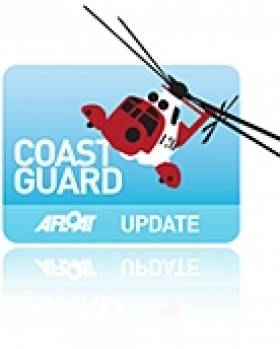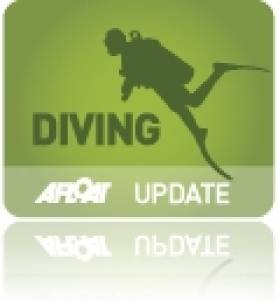Displaying items by tag: incidents
Irish Coast Guard Reveals Spike in Incidents Involving Leisure Activities, Merchant Vessels
The Irish Coast Guard has released statistics revealing a busy summer period and a significant increase certain types of search and rescue incidents.
Most notable is the increase in incidents involving leisure activities such as surfing, diving, and canoeing.
There was also an increase in the number of merchant vessels requiring assistance, which was up approximately 50% on 2010 figures.
Irish Coast Guard director Chris Reynolds said: "We began our safety awareness campaign in May, which was aimed at holidaymakers and members of the public who were planning water sports, enjoying cliff walks or engaging in coastal activities throughout Ireland. We also targeted walkers and climbers.
"Despite the advice and information provided, we have seen a significant increase in requests for assistance for some incidents over this summer (particularly leisure-based water-activities) and a 20% increase in taskings of our helicopters and crews."
However, Reynolds added that while the total number of incidents has remained broadly the same as last year, there was a 75% increase in lives saved so far in 2011 "which demonstrates that the Coast Guard safety message is getting through".
Sports Diving Injuries On The Rise
The Irish Underwater Council (ICU) says injuries in sports diving are increasing, the Irish Examiner reports.
Some 12 of a total of 61 registered incidents last year caused injury to divers. Other incidents included near-misses between boats, divers going missing, air shortages and rapid ascent.
ICU national diving officer Martin Kiely said the figures did not necessarily show that more incidents were occurring, but rather that more were being reported.
The Irish Examiner has more on the story HERE.

























































